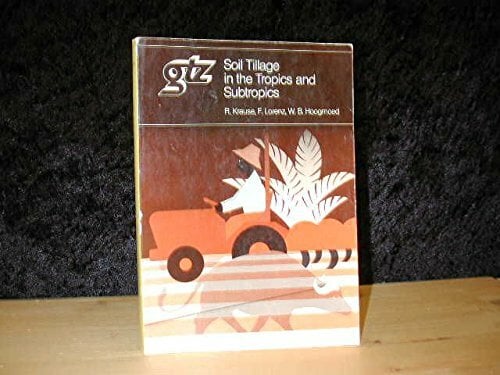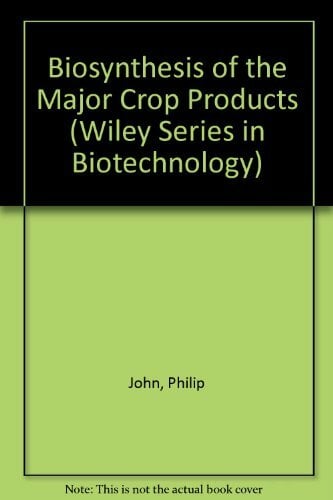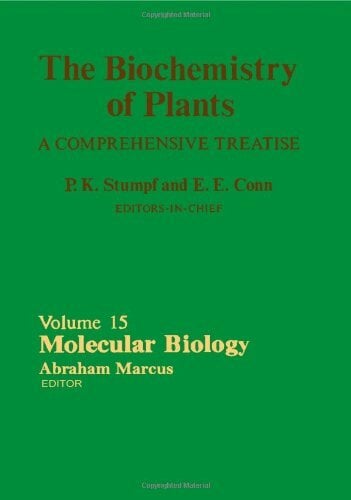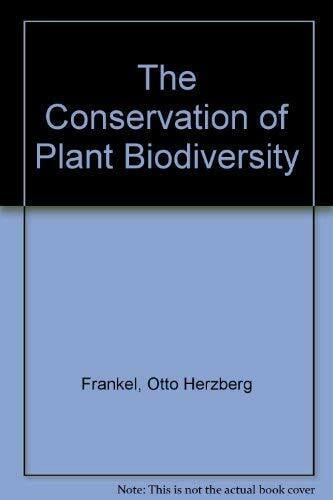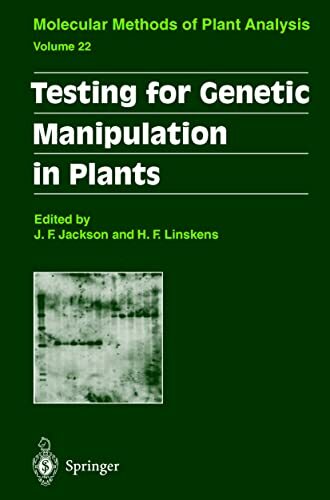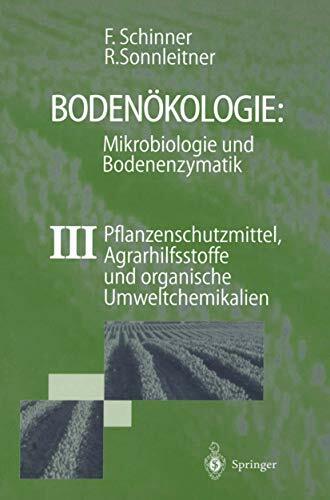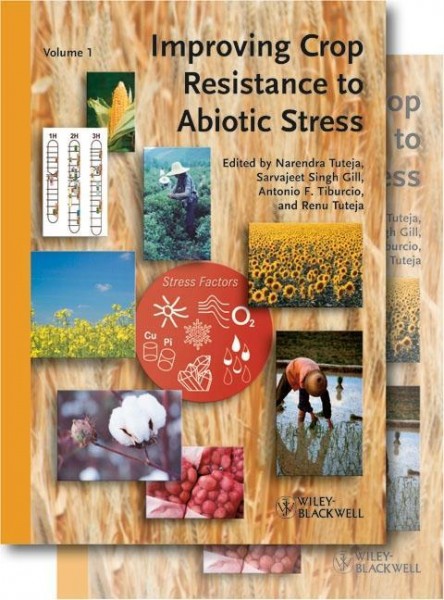
Improving Crop Resistance to Abiotic Stress / 2 volumes
Kurzinformation
inkl. MwSt. Versandinformationen
Artikel zZt. nicht lieferbar
Artikel zZt. nicht lieferbar

Beschreibung
The latest update on improving crop resistance to abiotic stress using the advanced key methods of proteomics, genomics and metabolomics. The wellbalanced international mix of contributors from industry and academia cover work carried out on individual crop plants, while also including studies of model organisms that can then be applied to specific crop plants von Tuteja, Narendra
Produktdetails

So garantieren wir Dir zu jeder Zeit Premiumqualität.
Über den Autor
Dr. Narendra Tuteja did his M.Sc., Ph.D and D.Sc. in Biochemistry from the Lucknow University in 1977, 1982 and 2008, respectively. He is fellow of the Academies of Sciences: FNASc. (2003), FNA (2007), FASc. (2009) and FNESA (2009). Dr. Tuteja has made major contributions in the field of plant DNA replication and abiotic stress signal transduction, especially in isolating novel DNA/RNA helicases and several components of calcium and G-proteins signaling pathways. Initially he made pioneer contributions in isolation and characterization of large number of helicases from human cells while he was at ICGEB Trieste and published several papers in high impact journals including EMBO J. and Nucleic Acids Research. From India he has cloned the first plant helicase (Plant J. 2000) and presented the first direct evidence for a novel role of a pea DNA helicase (PNAS, USA, 2005) in salinity stress tolerance and pea heterotrimeric G-proteins (Plant J. 2007) in salinity and heat stress tolerance. Dr. Tuteja has reported the first direct evidence in plant that PLC functions as an effector for Ga subunit of G-proteins. All the above work has received extensive coverage in many journals, including Nature Biotechnology, and bulletins all over the world. His group has also discovered novel substrate (pea CBL) for pea CIPK (FEBS J. 2006). He has already developed the salinity tolerant tobacco and rice plants without affecting yield. Recently, few new high salinity stress tolerant genes (e.g. Lectin receptor like kinase, Chlorophyll a/b binding protein and Ribosomal L30E) have been isolated from Pisum sativum and have been shown to confer high salinity stress tolerance in bacteria and plant (Glycoconjugate J. 2010; Plant Signal. Behav. 2010). Recently, very high salinity stress tolerant genes from fungus Piriformospora indica have been isolated and their functional validation in fungus and plants is in progress. Overall, Dr. Tuteja?s research uncovers three new pathways to plant abiotic stress tolerance. His results are an important success and indicate the potential for improving crop production at sub-optimal conditions. Dr. Sarvajeet Singh Gill did his B.Sc. (1998) from Kanpur University and M.Sc. (2001, Gold Medalist), M. Phil. (2003) and Ph.D (2009) from Aligarh Muslim University. Dr. Gill has several research papers, review articles and book chapters to his credit in the journals of national and international repute and in edited books. He has co-edited four books namely Sulfur assimilation and Abiotic Stress in Plants; Eutrophication: causes, consequences and control; Plant Responses to Abiotic Stress, and Abiotic Stress Tolerance published by Springer-Verlag (Germany), IK International, New Delhi, and Bentham Science Publishers, respectively. He was awarded Junior Scientist of the year award by National Environmental Science Academy New Delhi in 2008. Presently with Dr. Tuteja, Dr. Gill is working on heterotrimeric G proteins and plant DNA helicases to uncover the abiotic stress tolerance mechanism in rice. The transgenic plants overexpressing heterotrimeric G proteins and plant DNA helicases may be important for improving crop production at sub-optimal conditions. Dr. Renu Tuteja did her B.Sc. (1975) and M.Sc. (1977) from Lucknow University and Ph.D. (1983) from Kanpur University. Dr. Tuteja has made significant contribution in understanding the role of helicases in the DNA and RNA metabolism in malaria parasite and human. She has reported and characterized a number of novel helicases from malaria parasite and human. Recently she has reported the genome wide analysis of helicases from malaria parasite and their comparison with the human host. This work was published in Cell Cycle. She has shown that eukaryotic initiation factor 4A is a dual helicase, essential for the growth and survival of malaria parasite (Journal of Molecular Biology). Her recent work on an RNA helicase from malaria parasite revealed that it is involved in splicing. This work was published as cover image article in Archives in Biochemistry and Biophysics. Her helicase work has received coverage in journals, including a cover image article in Archives in Biochemistry and Biophysics and News and Views article in Cell Cycle. She has characterized novel signal peptidase from malaria parasite and reported its modulation by phosphorylation. Using bioinformatics approach she has reported the existence of all the components of protein translocation pathway and mRNA transport pathway from malaria parasite. Recently she was awarded the Top Cited Paper Award from FEBS J. for one of her article on Malaria published in 2007. Her work has demonstrated novel functions of eIF4A, Ku autoantigen and nucleolin as DNA helicases. On the basis of her interesting discovery of Ku as a helicase, a double-strand break repair model has been proposed in many text books. Dr. Tuteja became the first Indian Scientist from India to have published in Nature Genetics (13, 1996) and that also cover image article on helicases. Her recent interests are to understand the basic biology of malaria parasite in order to identify novel drug targets. Her research indicates novel ways to control malaria by inhibiting helicases. Till to date she has published a total of 79 papers in journals of international repute. Prof. Antonio F. Tiburcio (Universitat de Barcelona, Spain; Chair, International Network of Plant Abiotic Stress, cost-inpas. org)

- Gebunden
- 424 Seiten
- Erschienen 2016
- Wiley-VCH

- Gebunden
- 518 Seiten
- Erschienen 2012
- Wiley-VCH

- Gebunden
- 420 Seiten
- Erschienen 2012
- Wiley-VCH
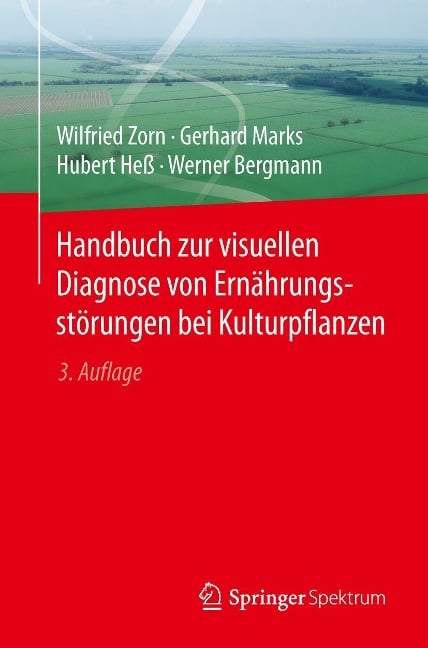
- Kartoniert
- 366 Seiten
- Erschienen 2016
- Springer Spektrum

- hardcover
- 700 Seiten
- Erschienen 2020
- Springer

- hardcover
- 367 Seiten
- Erschienen 2013
- Springer
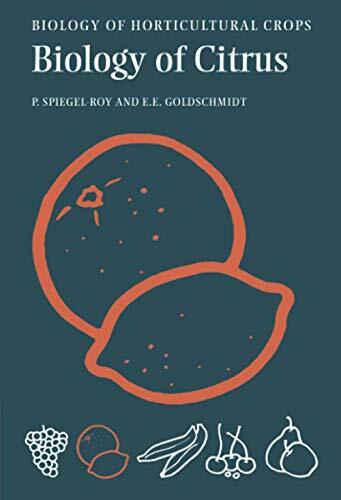
- paperback
- 244 Seiten
- Erschienen 2008
- Cambridge University Press

- Kartoniert
- 391 Seiten
- Erschienen 2021
- Oekom Verlag GmbH
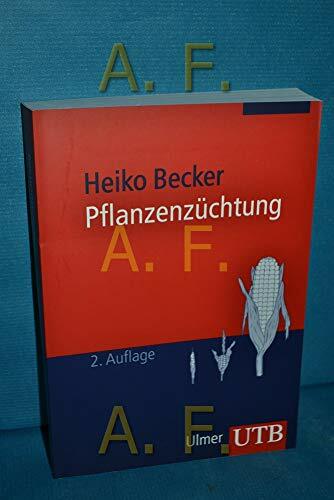
- Taschenbuch
- 368 Seiten
- Erschienen 2011
- UTB












